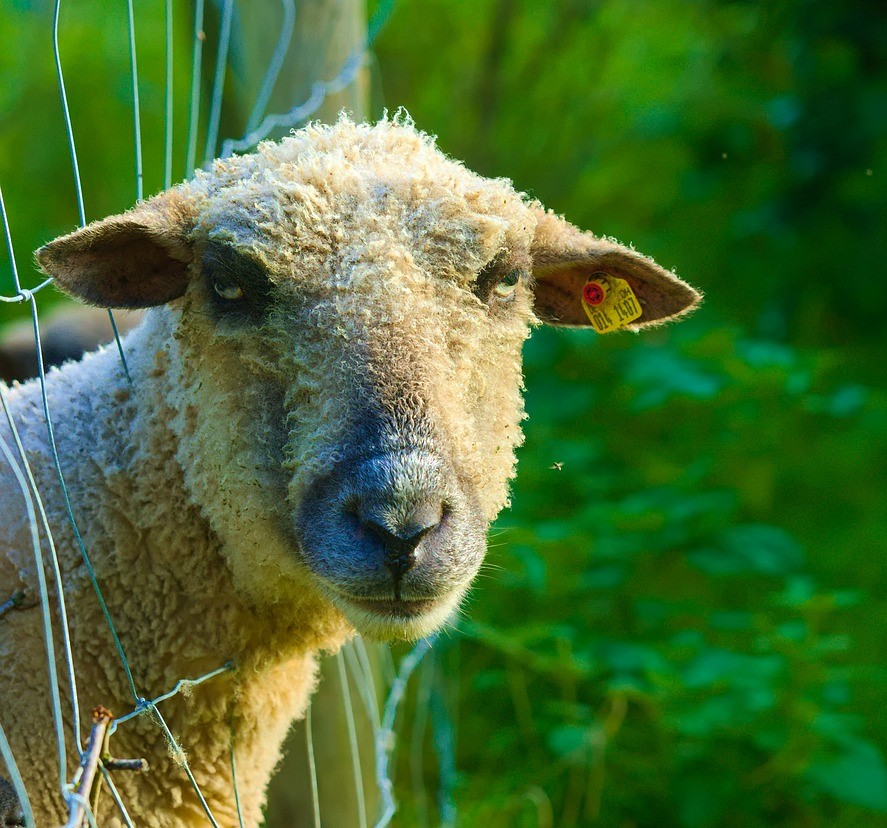
Hi everyone, this post is going to be serious. I know that Black History was last month, but I am hoping that by running this in March, it serves as a small reminder that we need to have these conversations throughout the year. This post today will talk about how we people of color can consciously and unconsciously perpetuate the injustice we are hoping to address, and how we need to examine our privileges and biases, especially our anti-Blackness.
Honestly, I’ve been a little hesitant to write on this topic. Normally I talk about communities of color and the challenges we face navigating a white-dominant culture. I am hesitant to point out dynamics among communities of color, and I know other leaders of color are too, because oftentimes, people in power look at these types of conversations as a sign of weakness and use them to rationalize things like withholding funding: “If these people can’t even get along with one another, how can we invest in them?” (I’ll address this in a future post tentatively called “The Racism of Expecting Communities of Color to Just Get Along.”)
Continue reading “People of color, we need to address our own anti-Blackness and how we may be perpetuating injustice”



